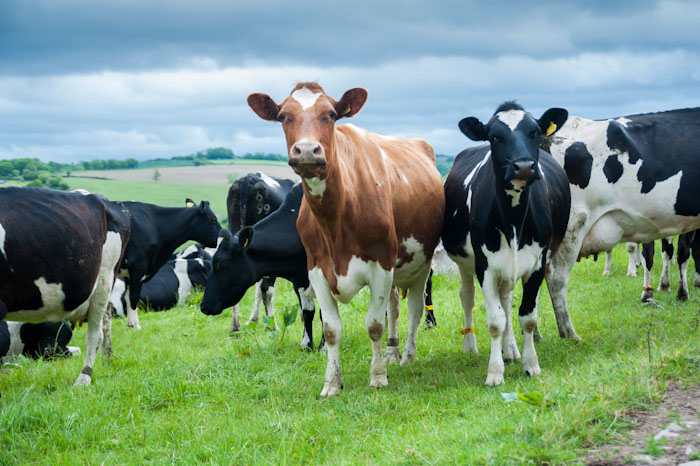An uplift in revenue echoes the trend seen across the wider co-operative network, which has increased turnover to £36.1bn a year, within which agriculture represents over 20%.
“This growth is testimony to the resilience of our farming co-operatives and has been achieved despite ongoing uncertainty in the run up to Brexit,” explains Richard Self, agricultural manager of Co-operatives UK, the trade body for the sector.
“However, at a time when we need more co-operation and collaboration in agriculture in readiness for leaving the EU, the number of agricultural co-operatives is in fact, declining.
“Defra has recognised that the UK is significantly out of step with its international competitors in the use of the co-operative business model to support producers and have indicated their support for more collaboration in the sector,” he says.
“However, they also need to make sure that the funds they announce can be accessed easily and support the right initiatives, to help change perceptions and encourage co-operation.”
The UK Co-operative Economy report also references several success stories from organisations across the UK, including OMSCo (Organic Milk Suppliers Co-operative), the largest organic dairy co-operative in the UK and Europe.
Nearly 25 years old, the OMSCo has provided a stable and sustainable return to its members by pursuing a market and product business diversification strategy.
“A focus on long-term, strategic partnerships with like-minded businesses globally, has helped us to develop supply chains overseas and access international markets,” explains OMSCo’s managing director, Richard Hampton.
This approach has led to OMSCo forming relationships with US-based Organic Valley, the largest organic co-operative in the world, leading European organic dairy co-operative, Eko Holland, and long-term partner and renowned dairy processor Wyke Farms, with whom they formed the ‘The British Organic Dairy Company’ joint venture in 2017.
“Although OMSCo’s core business is in the UK, added-value initiatives not only help us to balance fluctuations in UK organic milk supply and demand, but also to build resilience as a business,” he says.
For the financial year-ending March 2017, exports accounted for 21% of OMSCo’s turnover. However, Richard explains that there are hurdles to overcome as Brexit draws closer and brings with it potential barriers to trade.
“The figures from this year’s economy report are reflective of the current market conditions and the challenges that lie ahead,” he says. “Collaboration within the agricultural supply chain and across co-operative memberships, will be key in ensuring sector success post-Brexit.”





